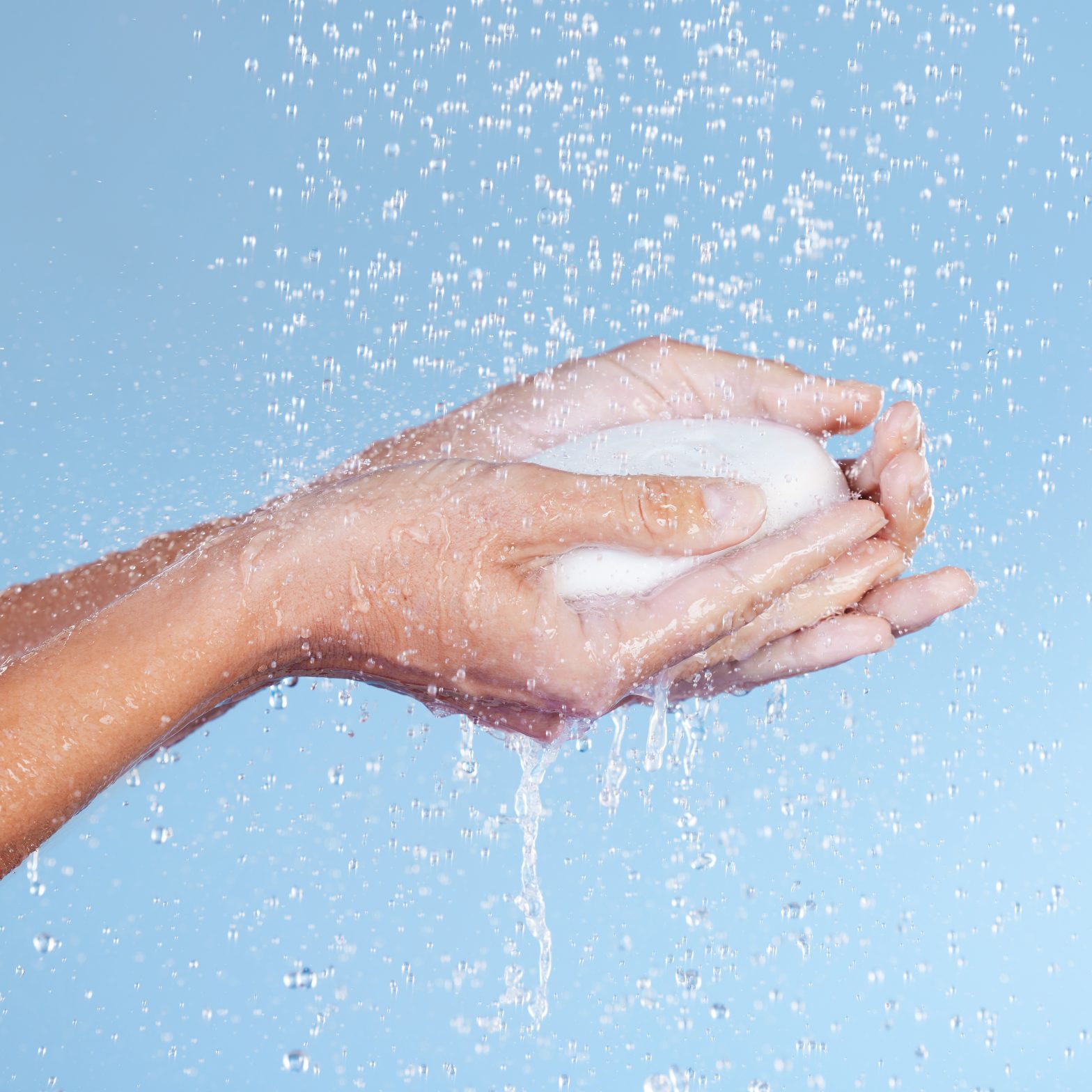Good Infection Control Techniques For Your Clients

One of the primary goals of wound care is to protect the wound base from outside contaminants such as bacteria.
Within the hospital, stringent infection control measures are practised, but what about when patients are discharged? Are they well aware of the importance of cleaning and disinfecting?
3 Simple Infection Control Techniques
Hand Washing
According to World Health Organisation (WHO)1, “each year, hundreds of millions of patients around the world are affected by healthcare-associated infections (HCAIs)”…Most healthcare-associated infections are preventable through good hand hygiene – “cleaning hands at the right times and in the right way.”
As part of the 2020 Hand Hygiene Day Campaign2, WHO and collaborative partners aim to:
- Make hand hygiene a global priority
- Promote hand hygiene and inspire changes in behaviour
- Engage with healthcare workers within their roles to educate the importance of hand hygiene in preventing infections.
For your patients, helping them to understand that washing hands for 20 seconds is easy to do yet often ignored as the first line of defence to prevent infection. Prompt them to sing Happy Birthday to themselves as a guide to measure 20 seconds.
The importance of correct hand washing is often overlooked within the home environment.
For healthcare workers, WHO’s “5 Moments” is the basic principles for hand hygiene practice. This is translatable to the home/community environment. Wash your hands:-
- before touching a wound
- before cleaning procedures
- after body fluid exposure / including after toileting
- after touching a wound
- after touching surrounding
Many family carers may feel awkward to do so much cleaning as if their loved one is a bio-hazard! However, spread of infection will impact the patient and the network of family, friends and carers.
 | Thorough hand wash is the first step to better infection control at home.How to do hand wash properly from WHO. |
Beds and Mattresses
Choose a mattress that has a removable, washable cover for cleaning purposes.
If your loved one has a pressure injury, prolonged laying down or sitting can aggravate infection.
In such cases, care within the home using a medical mattress is ideal. Choose an alternating pressure mattress such as CairMax Duo with hybrid cells composed of Air and Foam. The Pump is easily programmed to suit comfort and therapeutic needs and encourage circulation.
Extra Tip: The Pressure Wound Ruler is a handy, disposable durable paper ruler you can use to track wound health by measuring the pressure wound periodically. This doesn’t replace professional wound care. Consult your wound care specialist for further advice.

Shower Chair and Commodes
When Bathroom equipment is designed and manufactured well, it can significantly improve safety and infection control risk.
Prescribing any equipment requires considering the individual’s preferences, safety, and clinical input from a healthcare provider. These criteria must be met to ensure safety, but what about the hygiene aspects of the equipment?
Because shower chairs and commodes are continually exposed to wet environments and are in direct contact with the individual, choosing equipment with completely sealed construction will prevent bacteria from entering inside the frame and joins.
Ergonomic designs with minimal use of hardware fixings means Less joints = Fewer gaps = Less infection risk.
Having the ability to decontaminate at high temperatures of up to 85°C, and the ability to use bleach or peroxide based disinfectants, can further improve infection control.
LESS PARTS = LESS INFECTION RISKS
Infection control is everyone’s responsibility. Many infections can be prevented at home if the patients and their carers learn how to implement steps to minimise infection risks.
We are here to help! Novis carries a wide range of bathroom equipment, commodes, shower chairs, therapeutic mattresses and a large range of products that are selected for better infection control designs. Many of these products are awarded for State contracts, such as C819, CF820, MASS and HPV.
For EnableNSW clients and NDIS funded users, we also have a dedicated team to help their Occupational Therapist and carers to find the best mobility solutions with infection risk minimising designs to use within the home.
References:
1. Clean Care is Safe Care https://www.who.int/gpsc/country_work/en/
2. Hand Hygiene Day https://www.who.int/news-room/events/detail/2020/05/05/default-calendar/hand-hygiene-day


